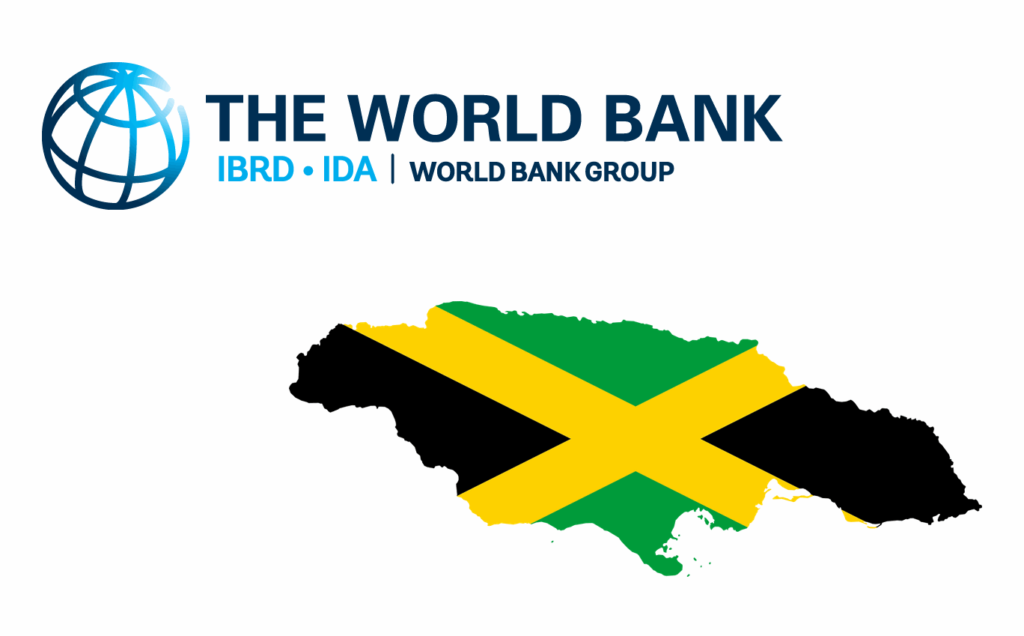Jamaica targets four hurricane season catastrophe bond renewal: Finance Minister

Jamaica is looking to renew its catastrophe bond cover that expired at the end of 2023 and the country’s Finance Minister Nigel Clarke said yesterday that a longer-term of protection will be sought with a new cat bond deal, with four hurricane seasons of cover to be the target.
Jamaica had secured its first cat bond back in 2021 with the assistance of the World Bank, with the arrangement providing parametric named storm and hurricane disaster insurance protection from the capital markets over three Atlantic wind seasons.
The $185 million IBRD CAR 130 cat bond transaction for Jamaica was allowed to mature at the end of 2023, with no renewal immediately on the cards.
After which, the country had entered discussions with other nations in the region, about securing a multi-country cat bond to make sourcing this disaster risk financing potentially more efficient.
As we most recently reported, Jamaica is seen as one of the potential future World Bank cat bond deals, as that multilateral bank targets a significant increase in the use of catastrophe bonds by its client countries.
Jamaica’s Finance Minister Dr. Nigel Clarke spoke in the country’s parliament yesterday, about plans to continue with catastrophe bond coverage and the appetite to extend it by one year this time around.
The comments were made during the Standing Finance Committee of the House of Representatives, where members were reviewing proposed budget expenditures for 2024/25.
Clarke explained why the cat bond coverage is an appropriate use of finances, “Jamaica is, as we know, very exposed to potential natural disasters, including hurricanes, tropical cyclones, excess rain and so on, and those events can have a deleterious impact on Jamaica’s fiscal trajectory.
“As such, given where we are in that trajectory, in order to give us an opportunity to bounce back quickly, that is the central lesson and I believe from one of the central lessons from our economic history, that we can’t avoid economic shocks, most of them are outside of our control.
“They’re global in their sources and natural disasters are clearly outside of our control. But what we aim to do is to be in a position where we can bounce back and bounce back quickly.
“Hence, we need to be in a position where fiscal resources become available in the event of a major natural disaster shock.”
He went on to say, “We became the first small country in the world to independently sponsor a catastrophe bond which covered us for three hurricane seasons 2021, 2022 and 2023 and it expired, those three seasons.
“We intend to renew, or to enter into a new catastrophe bond that will cover us for four hurricane seasons 2024, 2025, 2026 and 2027.”
Then Clarke implied that Jamaica should make the catastrophe bond purchase something that is continually renewed, rather than allowed to expire as had been seen.
“I dare say, that is just something that we should do continually, just to make sure that we are not set back by such an occurrence,” Clarke said.
“It can happen, it would lead to a diminishing of output in that particular year. But with resources coming in, we’d have the opportunity to bounce right back.”
All of which suggests we will see Jamaica back in the catastrophe bond market over the coming months, in advance of the June start of the Atlantic hurricane season, while the target for a 2024 cat bond issuance for Jamaica looks set to be the securing of four hurricane seasons of coverage.






